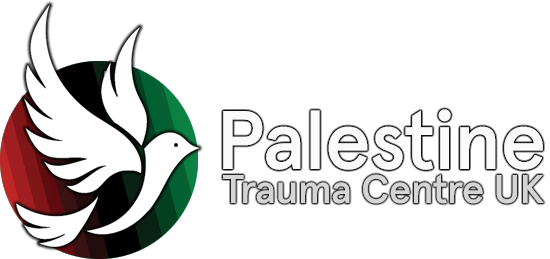Case Study
Osama & Shahad
Osama (aged 9)’s family lived in a remote area in middle Gaza. They all had health problems resulting from bombardment in 2008 when they were exposed to phosphorus. The mother was pregnant with Osama and the family sought refuge in the local school. The school was bombed. She and her sons were all injured and they inhaled phosphorus too. Six months after the war, Osama was born and he had no hands. This was due to the phosphorus poisoning.
As Osama grew up, his disability increasingly produced anxiety and tensions within the family. He was often aggressive towards his siblings. The other children had health problems too with their kidneys and could not get proper medical treatment inside Gaza. When the Friday of Joy team set up activities in this area, they noticed that Osama hid himself or ran away rather than allow himself to be noticed in a group activity. His father explained Osama’s condition, feeling there was nothing he could do to help.
Over several weeks, Osama attended Family Therapy sessions to explore his ideas for accessing strengths within his family and within himself. Focusing was used to help him construct a narrative about himself that had positive aspects balanced with negative. He was encouraged to draw with his feet. Finally he was gradually introduced to Friday of Joy activities so that he was not self-conscious about participating and learned to join in uninhibited play with others. Activities were designed to concentrate on skills for legs and feet.
Later, he could say: “I go to market with my father now and go to the park to play. I treat my brothers much better”.
Shahad (aged 11) was sleeping when an artillery shell landed on her house during Operation Protective Edge in 2014. Metal from that shell lodged inside her head and is still there. Her vision was affected and tightness in her chest inhibited her breathing. She rarely sleeps because of the constant pain in her head. Her immune system is getting weaker and weaker.
“My child is dying in front of me every day and I can do nothing for her,” says her mother.
When the day is hot, she cannot go outside because the iron in her head will heat up and cause her agonising pain. So she cannot play with other children. She says they are scared to play with her. She used to be a top student, but now struggles with concentration because of the constant pain in her head. The whole family is in despair. They want medication and cannot afford it. Surgery might help, but this is not available in Gaza. Delay increases damage from side-effects from the wound.
The PTC team visited Shahad in hospital and she asked to play with the camera they brought. This gave them the idea of introducing her to photography skills as a distraction from her pain. She became passionate about recording the life she saw around her and in her Focusing sessions, she described how writing was a Safe Place for her. So she was given a course on journalistic writing. She still lives with pain and little hope of proper medical treatment, but she gets up every morning with determination to report on her life to the world.
“I wanted to be a doctor and treat people, but now I change my dreams. I would like to be a journalist and photographer to expose the crimes of the occupation against children”.


